Available 24/7. FREE attorney consultation via phone, video conferencing, or in person
Call For Your Free Consultation
Available 24/7. FREE attorney consultation via phone, video conferencing, or in person
Get Defense from Our Proven New York Attorney
To schedule a free consultation, call (646) 663-4430. Our service extends to locations in both Manhattan and Nassau County, Long Island.
Our Clients Share Their Experiences
The Opinions That Matter Most
Thank you so much for all of your advice and help!

“I can’t say enough good things about these guys. Their service is worth every penny, super responsive and have a wonderful staff. I had consulted so many other lawyers and just didn’t feel they were a right fit. From the moment I spoke to Mr Kofman, I felt so much better and confident in him. Everything he said he would do, he did. I was not charged a penny more than what I was quoted, which was surprising from my previous experiences with other lawyers. On top of that, I feel like the whole team went above and beyond for us. I highly recommend these guys to everyone.”
– Masha Liro
Leave your TRUST and CONFIDENCE to them, 100% their expertise gave results done what's the best for you.

“My case was handled by Mr.Conor McNamara. I got peace of mind and the result of my case during the pandemic, 2020 was very satisfying. My court case is in New York but I’m living in another state …”
– E.C.
I normally would not write for a criminal defense attorney but I feel like the service was so exceptional that I really wanted to.

“I dont want to go into details in a public forum, but I am very satisfied and grateful for the defense I received. I would recommend this law firm to anyone facing a tough legal situation in Manhattan.”
– Beryl Beattey
I was in a jam and this firm helped me out of it quickly and smoothly!

“When I first called on a Friday, they called back immediately which I thought was great because my issue was time sensitive and I didn’t want to wait until Monday. During the entire process, there was great communication and I’d highly recommend them for anything you may be going through!”
– Jasmine Clemente
If you need someone to prove your innocence, these are your guys!

“For the past year I’ve been fighting for my freedom. My world seemed like it was crashing before my eyes. I had 2 felony gun possession cases in Manhattan. From the beginning Russ and John were there. I was denied bail at my first hearing but they fought to over turn that so I can fight the case from the outside world instead of a jail cell. They even got my bail reduced to a reasonable number afterwards. Moving forward they faught hard and relentless. Until ultimately BOTH cases were dismissed. Miracles do happen.”
– Muhamadou Saho
Russ Kofman and his team are amazing!

“Can’t say enough good things about how the team seamlessly and professionally handled the case from beginning to end. they are dedicated, determined and extremely successful in their craft. I would recommend their services to anyone!”
– Logan Kenney
Very responsive law office that I would highly recommend for great results

“Everything in the case went exactly as promised and I would recommend them without hesitation. We had Russ’ cell and he answered questions via text even on evenings and weekends. He laid everything out play by play and we still keep in touch.”
– New Era
Lebedin Kofman LLP is INCREDIBLE!!!!!

“Arthur and his team demonstrate exceptional professionalism and legal expertise. I was so scared when I received a letter from the court but, Arthur and his team took the time to carefully explain my options and they worked with me to find a solution. Not only did they solve the problem, they got the case thrown out. I can’t praise their work enough. I’ve never written a review in my life , but, I had to for Lebedin Kofman LLP.”
– James Garland
He was able to dismiss my case and save tons of money on future fines

“Going in for my DMV chemical refusal case, I was very anxious having my license being revoked for a up to a year. The odds were stacked against me, having little hope of any positive certainty. Russ …”
– G
This law firm is extremely professional and knowledgeable.

“This law firm is extremely professional and knowledgeable. I contacted the firm via email for advice on a case, Stephannie Miranda emailed me back promptly and placed me in touch with Arthur Lebedin. …”
– Jack
He got the case completely dismissed.

“I had the pleasure of using Lebedin Kofman LLP, I was greatly satisfied, my son had a very difficult case, assault on NYC police officer, and he got the case completely dismissed. They also work with …”
– Gwendolyn
Best attorney in NYC, hands down!

“I would recommend them to ANYONE. I am so glad I hired Russ as my attorney. He was so quick and efficient with my case and kept me updated with everything. If you’re in need of a criminal defense attorney, look no further and call this firm. You will not regret it.”
– Charles Green
They worked, fought and won my case.

“I must commend Lebedin and Kofman for their excellent and professional service. They worked, fought and won my case. Their service has no parallel. Excellent, professional and humane staff. Thank you …”
– Bernadette
Outstanding. Truly professional in all ways relating to law.

“From customer service to experience in the field – I cannot recommend them enough. Answered phones on all hours, constantly available, consistently reliable. Truly appreciate all of the help, will always be recommending you all.”
– Jake Malishkevich
Lebedin Kofman has been great to me.

“They were very understanding regarding my lawsuit and did everything in their power to help me. Kelsey Was amazing, answered back in a timely manner whenever I had Questions and never made me feel uncomfortable or like It wasn’t worth it. They worked hard and ended up getting me a nice sized lawsuit. I appreciate them for all of their work and would recommend to anyone looking for a lawyer who actually cares about you and your case.”
– Johnathan Franceschi
Fighting For Your Best Interest

We Have a Highly Experienced Legal Team

When You Hire Us, You Get Us

We Speak Korean, Mandarin, Portuguese, Russian & Spanish

We Offer Free Consultations In Person & Over The Phone

We Have a Proven Track Record

We Are Available 24/7
Please fill out the form below and we will respond to your inquiry within
24-hours guaranteed.